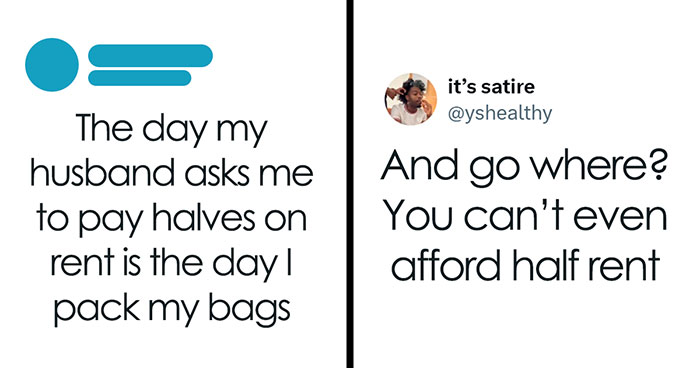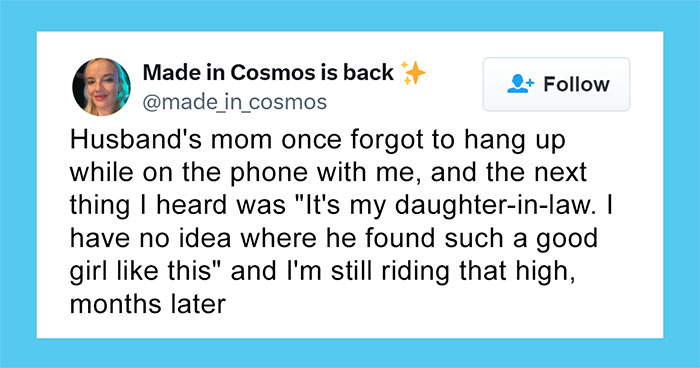Remember the myth of Sisyphus, punished by Hades to roll a boulder up a hill, only for it to roll back down every time? The life of a student can often feel a lot like that — an endless cycle of procrastinating, reading, forgetting, and cramming again. If you're like me when I was a student, the words "exam preparation" might as well be another term for "prolonged torture." One moment you're slurping down ramen, unconcerned by how close your term paper deadline is, and the next, you're trying to absorb concepts with impressive caffeine-fueled fervor, fighting back tears. Yikes, this is getting too familiar.
Here's a nugget of psychology wisdom for you. When we study, we wrestle with two phenomena: the learning curve and the forgetting curve. Essentially, the more we study a topic, the better we understand it (learning curve). Yet, the more time passes without revisiting or applying that information, the more we tend to forget it (forgetting curve). On top of that, we have numerous distractions that challenge even the most effective study techniques — things like social media, making ends meet, or daydreaming about a vacation.
With such challenges in front of students, people have come up with all sorts of study hacks to make the journey toward knowledge much easier. If you've been scavenging for tips for studying yourself, you happen to be in the right place.
Imagine having a cheat sheet of easy hacks for students — not just the ordinary ones, but the proverbial Holy Grail of study tricks. Here it is! We've gathered a list of the best ways to study according to successful students, productivity experts, and the invaluable fountain of wisdom known as "experience." And hey, if you find a particular study tip that brings you that "aha" moment, don't forget to upvote it.
This post may include affiliate links.
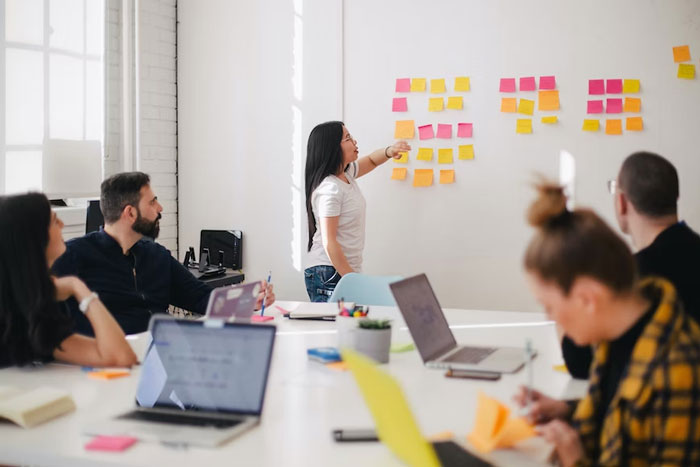 "When your studying, try to be the teacher in your head for a second. If you cant simply explain the topic, you don't understand it yet."
"When your studying, try to be the teacher in your head for a second. If you cant simply explain the topic, you don't understand it yet."
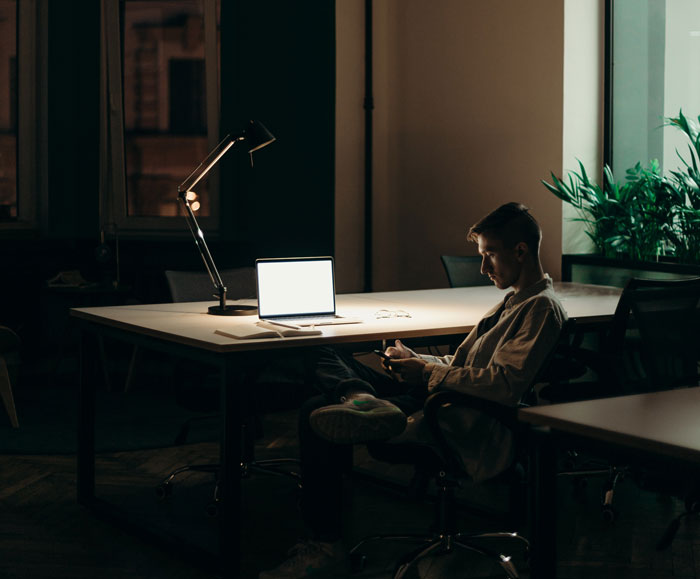 "Don't leave it to the last day."
"Don't leave it to the last day."
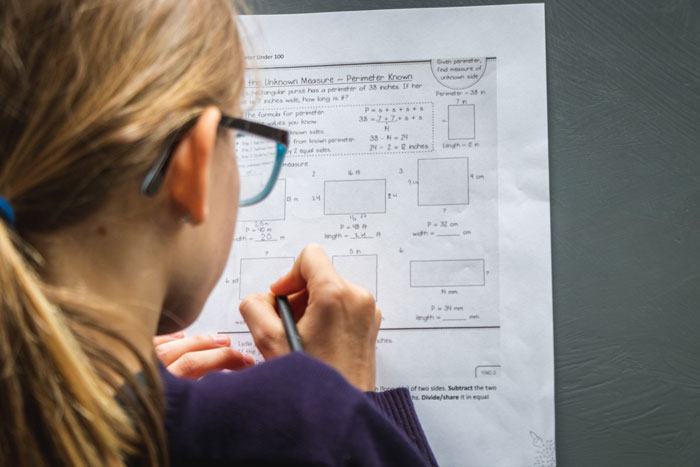 Pay attention in the first place!
Pay attention in the first place!
"If you REALLY pay attention during lectures, readings when you first learn something, it's that much less time you'll need to spend later on reviewing. I really don't study that much for exams, but I always make sure I understand everything I learn the first time I'm learning it."
Unfortunately this does not work for most people. Sure there are some bad apples but the majority of people in college do pay attention. Many have to take notes because they simply cannot memorize all of that information that easily, especially if they have multiple classes in a day. That is the entire point of studying. Of course there are exceptions like you and me that can learn and memorize subject material with relative ease but we are few and far between.
 If you're feeling stuck or having trouble concentrating, take a walk, preferably in nature. Walking can boost your creativity and problem-solving abilities. It gives you a chance to clear your mind and come back with fresh energy.
If you're feeling stuck or having trouble concentrating, take a walk, preferably in nature. Walking can boost your creativity and problem-solving abilities. It gives you a chance to clear your mind and come back with fresh energy.
 "Don't study when you're in a bad mood. This only suppressed your emotions and becomes an escape technique and in future, you're not able to study when you're normal or content as there is nothing to escape."
"Don't study when you're in a bad mood. This only suppressed your emotions and becomes an escape technique and in future, you're not able to study when you're normal or content as there is nothing to escape."
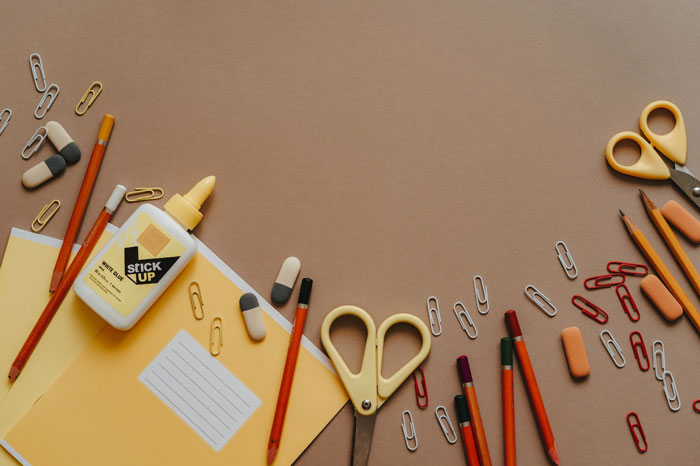 If you can afford it, invest in good study supplies. It may sound small, but using a pen that feels good to write with (and other quality stationery) will make your study sessions more enjoyable, improving your overall mood.
If you can afford it, invest in good study supplies. It may sound small, but using a pen that feels good to write with (and other quality stationery) will make your study sessions more enjoyable, improving your overall mood.
Sounds like crafting of any sort. I always say if it isn't comfortable to hold you won't want to use it for long (drill pens, pliers, scissors, etc,) It's worth it to invest in small comforts
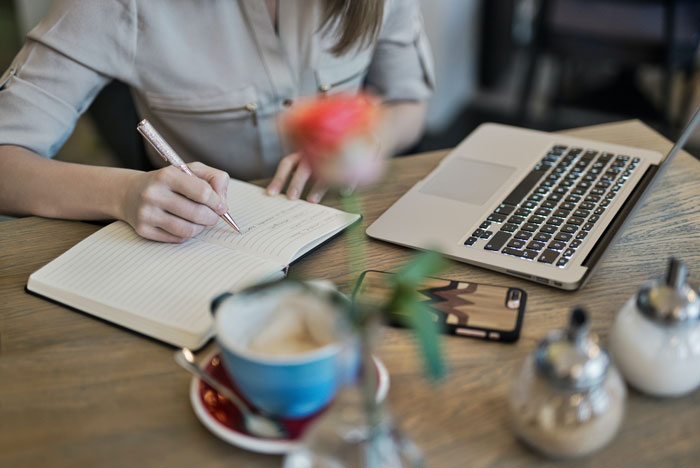 "I generally do better on exams if I rewrite my notes. Like as I’m reviewing each individual day’s notes for an exam, I’ll rewrite/summarize them into one massive document, then over the following days I’ll keep reviewing that massive document. Works fairly well the vast majority of the time."
"I generally do better on exams if I rewrite my notes. Like as I’m reviewing each individual day’s notes for an exam, I’ll rewrite/summarize them into one massive document, then over the following days I’ll keep reviewing that massive document. Works fairly well the vast majority of the time."
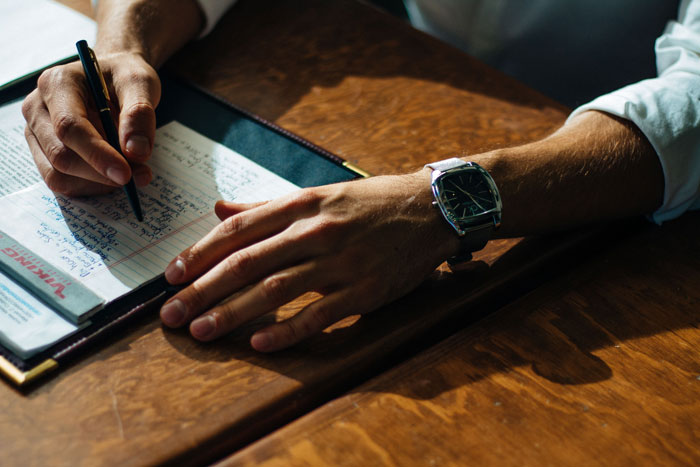 If your mind is full of thoughts while studying, it can stop you from focusing. Write these thoughts on paper to clear your mind and concentrate on your study.
If your mind is full of thoughts while studying, it can stop you from focusing. Write these thoughts on paper to clear your mind and concentrate on your study.
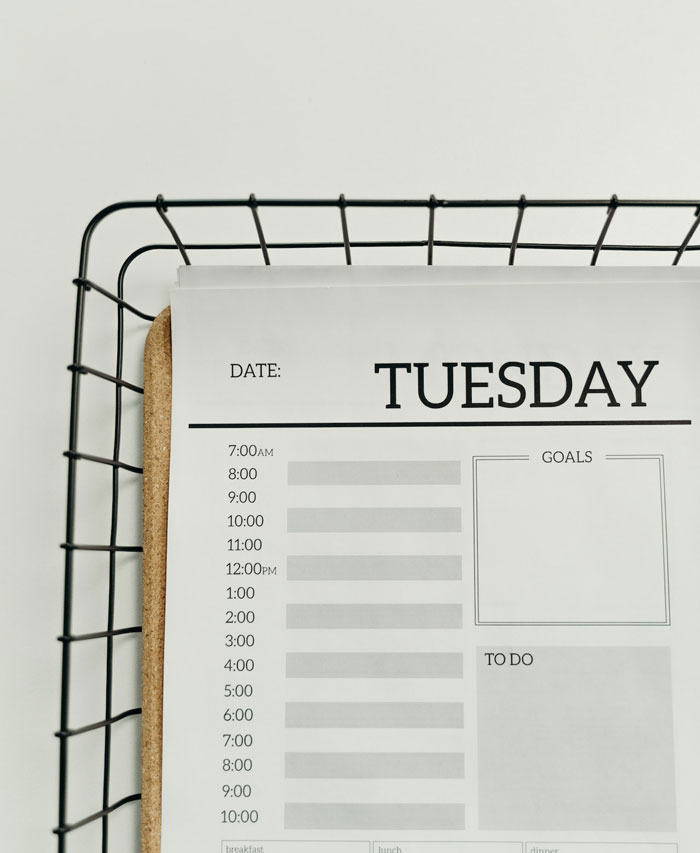 Memorize important information, like the periodic table, by setting it as the wallpaper on your phone, tablet, or laptop. That way, you'll see it multiple times a day and won't even have to look it up every time.
Memorize important information, like the periodic table, by setting it as the wallpaper on your phone, tablet, or laptop. That way, you'll see it multiple times a day and won't even have to look it up every time.
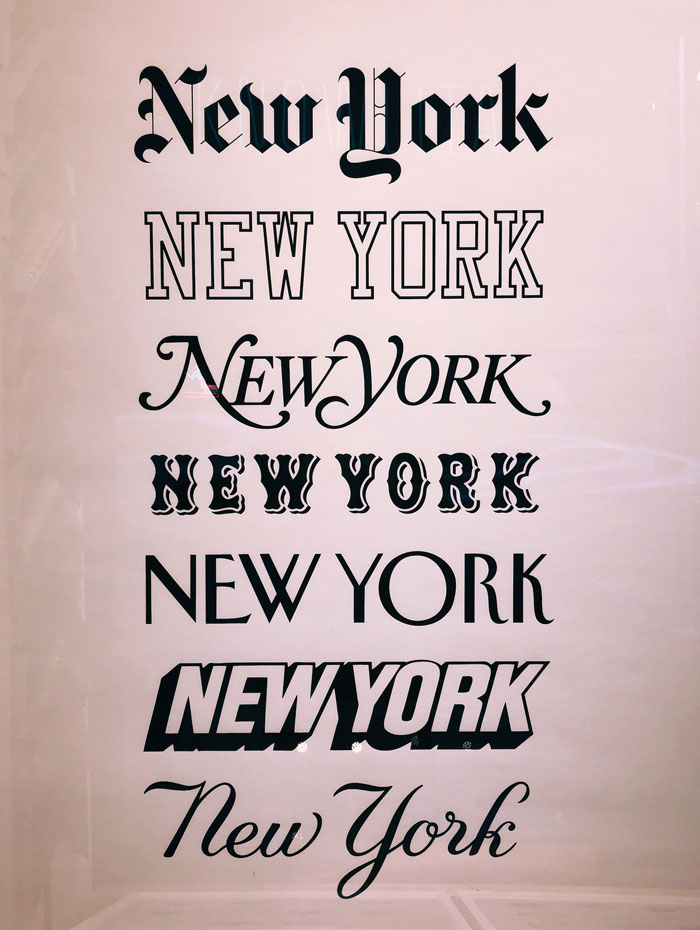 Using a font that is a bit harder to read can actually help your memory. It makes your eyes pay more attention to the words instead of quickly skimming through them. So, try fonts like Garamond or handwriting styles instead of Arial or Times New Roman for your digital notes. Nothing too fancy or swirly, though; they should still be readable.
Using a font that is a bit harder to read can actually help your memory. It makes your eyes pay more attention to the words instead of quickly skimming through them. So, try fonts like Garamond or handwriting styles instead of Arial or Times New Roman for your digital notes. Nothing too fancy or swirly, though; they should still be readable.
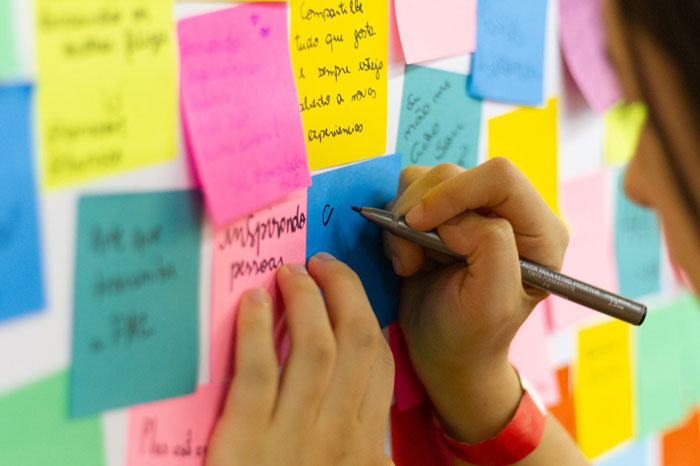 Flashcards, whether digital or paper, are great for practicing remembering things. To make the most of your flashcards, prioritize what you use them for. If you need to remember something complicated, like a list with several items or a complex equation, don't just try to recall it in your mind. Write it down on the flashcard. This will help you remember the whole thing much better.
Flashcards, whether digital or paper, are great for practicing remembering things. To make the most of your flashcards, prioritize what you use them for. If you need to remember something complicated, like a list with several items or a complex equation, don't just try to recall it in your mind. Write it down on the flashcard. This will help you remember the whole thing much better.
 "Weirdly enough, the thing that works best for me is to open up the script and pretend to teach it to my wardrobe."
"Weirdly enough, the thing that works best for me is to open up the script and pretend to teach it to my wardrobe."
not that weird, it's actually widely used technique in many fields, most notably known as rubber duck debugging. explaining concepts out loud or forming them in a way to explain it to someone else helps you absorb the information and find fallacies. I teach my cat about art a lot :)
 "If you're still having trouble with understanding a topic after carefully reviewing your class notes and studying the explanation provided in your course materials (assigned textbook or other required readings), look up the topic on YouTube or find a different textbook on Amazon. Consulting these other references may help you to understand it.
"If you're still having trouble with understanding a topic after carefully reviewing your class notes and studying the explanation provided in your course materials (assigned textbook or other required readings), look up the topic on YouTube or find a different textbook on Amazon. Consulting these other references may help you to understand it.
Study on your own, then get together with a classmate for a review session. Meet virtually if it is not safe to meet in person. Ask each other questions about the material. Try to predict the possible quiz, test questions based on what was emphasized in class or based on the kinds of questions encountered in past quizzes/tests.
If you can access a companion website that goes along with your textbook, there may be quiz questions that you can use to test your knowledge of the material. Other resources may be included, too."
Find a Kahn university vid for your subject. Those guys actually CAN teach.
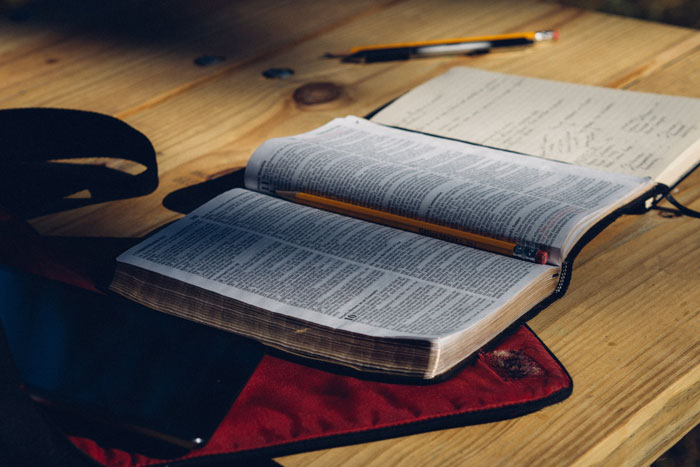 "Read the textbook before class and take notes on it, along with questions you have. Leave enough space so you can add to the class and highlight what is really important. Doing this I never fell behind my professor trying to write everything down, and I had some great questions ready to go for the lecture."
"Read the textbook before class and take notes on it, along with questions you have. Leave enough space so you can add to the class and highlight what is really important. Doing this I never fell behind my professor trying to write everything down, and I had some great questions ready to go for the lecture."
I only ever wrote in books that were photocopies. "Real" books can be on your book shelf for eternity if you like the book and if you don't like the book you can sell it online after you've finished using it. And you will get more money for it if there are no notes in the book.
 There's a metaphor often attributed to Mark Twain — "Eat a frog for breakfast." This metaphor means that if you have a particularly challenging task to accomplish (like eating a frog, ugh), it's best to tackle it first thing in the morning. So, start your day by completing your toughest task. This will make you feel accomplished for the rest of the day.
There's a metaphor often attributed to Mark Twain — "Eat a frog for breakfast." This metaphor means that if you have a particularly challenging task to accomplish (like eating a frog, ugh), it's best to tackle it first thing in the morning. So, start your day by completing your toughest task. This will make you feel accomplished for the rest of the day.
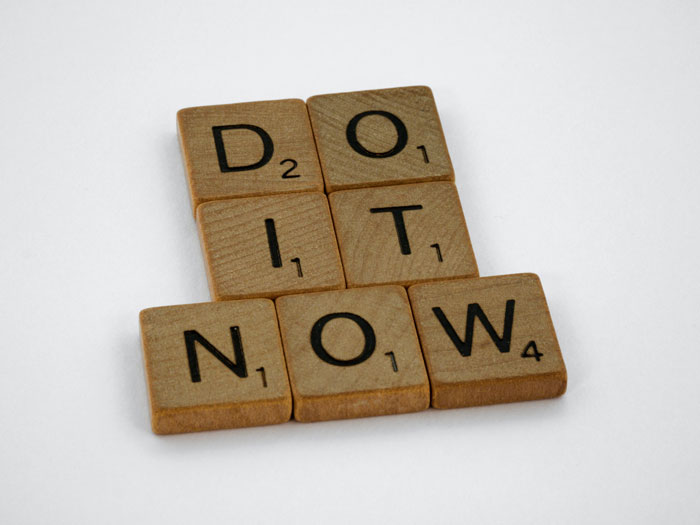 One helpful tip is to use your procrastination wisely. If you're avoiding your primary task, use that time to do fun and quick tasks that don't need much energy.
One helpful tip is to use your procrastination wisely. If you're avoiding your primary task, use that time to do fun and quick tasks that don't need much energy.
 Bring a cool bottle of water to your exam or study session if it's a hot day. You can put the water bottle in the fridge beforehand to keep it nice and cool. If it's really hot, try the 50%-iced hack: put a half-full bottle of water on its side in the freezer overnight. In the morning, add water from the tap to the bottle. You can start drinking ice-cool water right away, and it will stay cool for a long time.
Bring a cool bottle of water to your exam or study session if it's a hot day. You can put the water bottle in the fridge beforehand to keep it nice and cool. If it's really hot, try the 50%-iced hack: put a half-full bottle of water on its side in the freezer overnight. In the morning, add water from the tap to the bottle. You can start drinking ice-cool water right away, and it will stay cool for a long time.
I always have a big glass of water and/or tea/coffee with me when I am studying. And something to snack on, wallnuts or raising, or whatever I have on hand
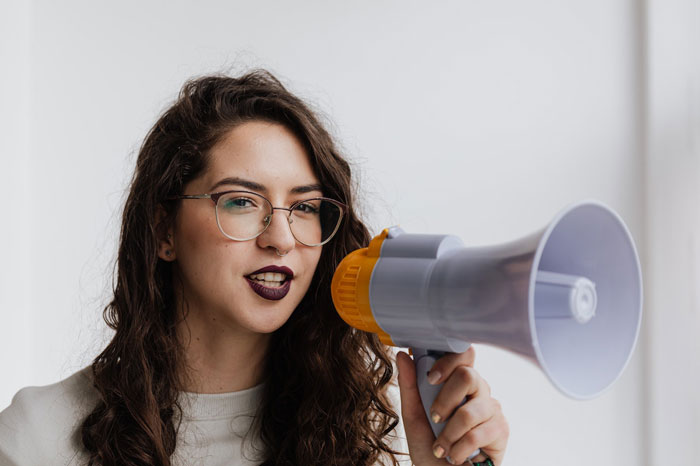 "Reading difficult or important passages out loud. It helps me with both comprehension and retention."
"Reading difficult or important passages out loud. It helps me with both comprehension and retention."
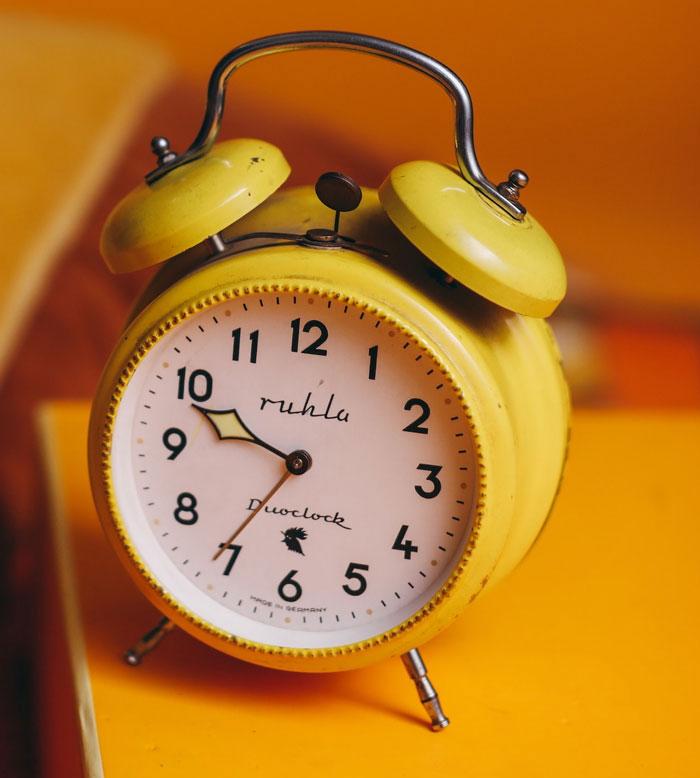 If you find it hard to wake up early, set your alarm clock across the room so you must stand up to turn it off. Prepare your coffee materials nearby the night before so you can make coffee easily after waking up. This will help you wake up and start your day faster.
If you find it hard to wake up early, set your alarm clock across the room so you must stand up to turn it off. Prepare your coffee materials nearby the night before so you can make coffee easily after waking up. This will help you wake up and start your day faster.
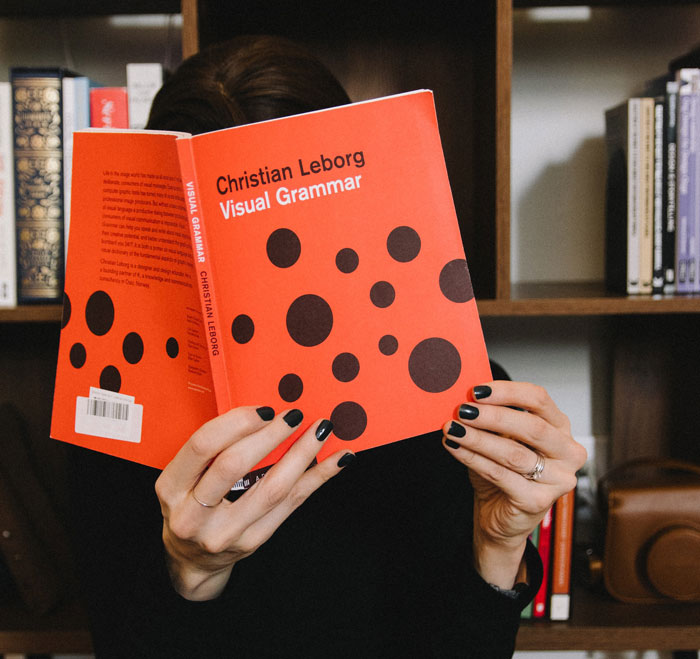 The von Restorff effect explains you're more likely to remember things that are unusual or stand out. So, why not make your study materials more fun? Add a funny phrase or joke to break up the pattern of regular study notes or flashcards, especially for topics that might be boring. Even if it has nothing to do with the material, it can make studying more interesting and help you remember better.
The von Restorff effect explains you're more likely to remember things that are unusual or stand out. So, why not make your study materials more fun? Add a funny phrase or joke to break up the pattern of regular study notes or flashcards, especially for topics that might be boring. Even if it has nothing to do with the material, it can make studying more interesting and help you remember better.
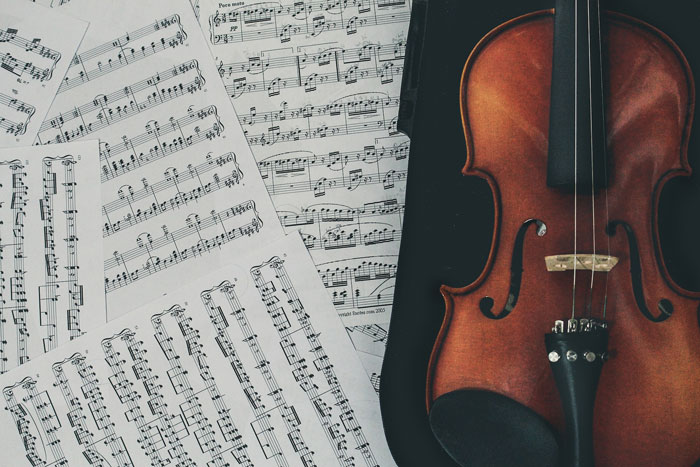 "Just a small tip, if you have music playing while studying because you don't like studying in silence, I recommend something that doesn't have lyrics. I usually go for film scores or classical music. Breaks the silence but doesn't take my focus away from studying."
"Just a small tip, if you have music playing while studying because you don't like studying in silence, I recommend something that doesn't have lyrics. I usually go for film scores or classical music. Breaks the silence but doesn't take my focus away from studying."
 "Rest and relax the night before a test. If you have to cram, do it the day before then spend the evening watching a show, eating a good meal, and sleeping well. Especially in STEM subjects, a full power brain will get you more points than a tired and crammed one."
"Rest and relax the night before a test. If you have to cram, do it the day before then spend the evening watching a show, eating a good meal, and sleeping well. Especially in STEM subjects, a full power brain will get you more points than a tired and crammed one."
 "I realized studying for 8 straight hours wasn’t actually that helpful. I get a lot more out of my studying time when I’m not distracted so I’ll study for an hour or so then I clean something around the house like vacuum or dishes. When I get back to studying I do a quick review and move on, and if it’s a physical science or mathematics just do as many problems from the book as you can. Professors love to take problems from the text book but only change a number or two so doing as many practice problems as possible will be really helpful."
"I realized studying for 8 straight hours wasn’t actually that helpful. I get a lot more out of my studying time when I’m not distracted so I’ll study for an hour or so then I clean something around the house like vacuum or dishes. When I get back to studying I do a quick review and move on, and if it’s a physical science or mathematics just do as many problems from the book as you can. Professors love to take problems from the text book but only change a number or two so doing as many practice problems as possible will be really helpful."
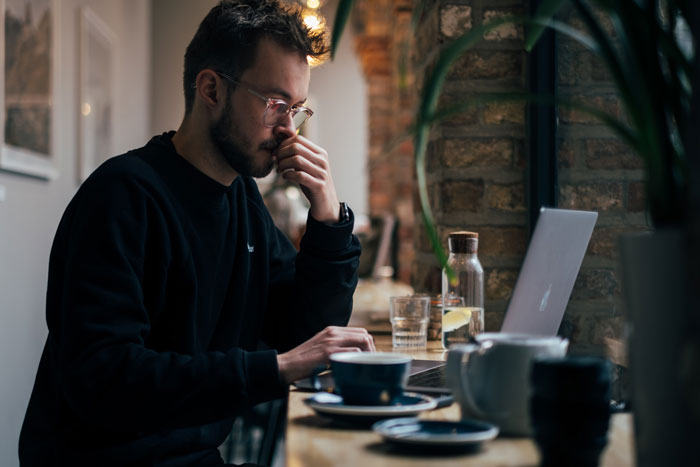 "If you listen to ambient sounds of other people working or sounding busy it can help keep focused on doing your own work. I like office sounds and cafeteria sounds."
"If you listen to ambient sounds of other people working or sounding busy it can help keep focused on doing your own work. I like office sounds and cafeteria sounds."
Would be hell for me, as I somehow cannot concentrate at all with office sounds around me. At work I regularily have to wear headphones to be able to do my tasks.
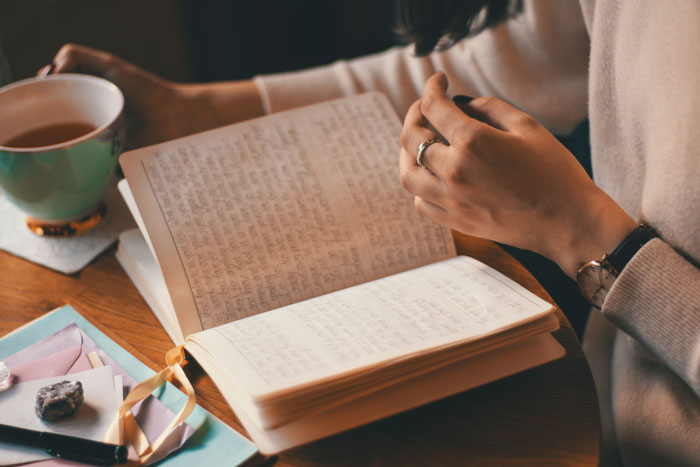 "Type up your own questions from the material as if you are writing your own exam."
"Type up your own questions from the material as if you are writing your own exam."
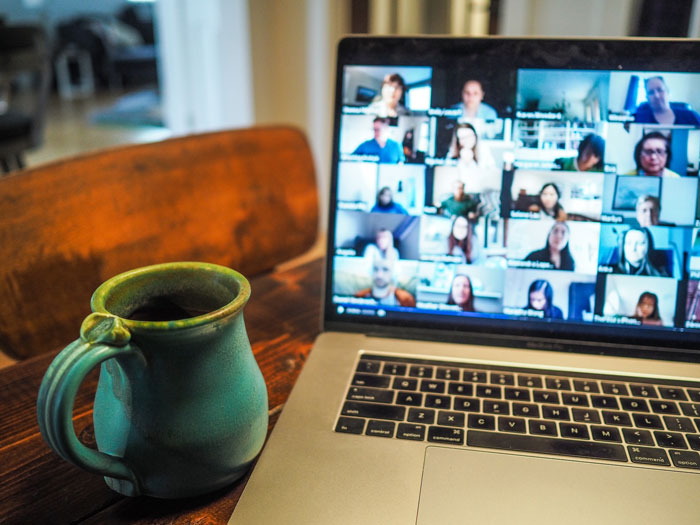 Go to YouTube and search for a "study with me" video. It's like having a study buddy without the commitment to leave your apartment. Just be careful not to get distracted by other recommended videos!
Go to YouTube and search for a "study with me" video. It's like having a study buddy without the commitment to leave your apartment. Just be careful not to get distracted by other recommended videos!
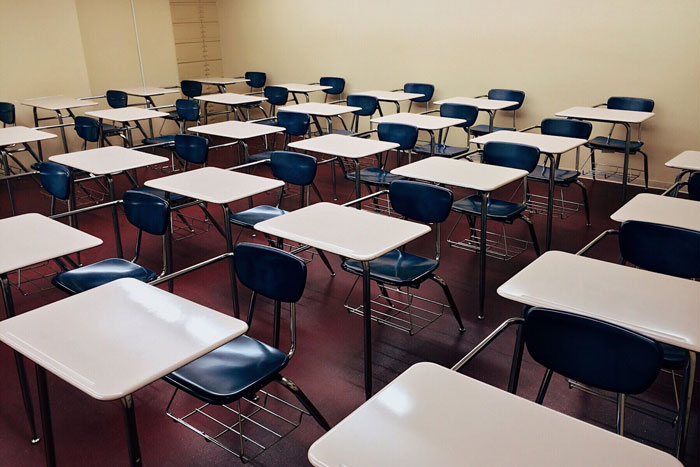 We remember things better when we learn them in an environment similar to the one we need to recall them in. If you're taking an exam in a quiet hall, try to recreate that environment during some of your study sessions. Practice in silence, use timed tests, bring exam stationery, and avoid using your phone or looking at notes. This can give your memory a slight boost when it's time for the exam.
We remember things better when we learn them in an environment similar to the one we need to recall them in. If you're taking an exam in a quiet hall, try to recreate that environment during some of your study sessions. Practice in silence, use timed tests, bring exam stationery, and avoid using your phone or looking at notes. This can give your memory a slight boost when it's time for the exam.
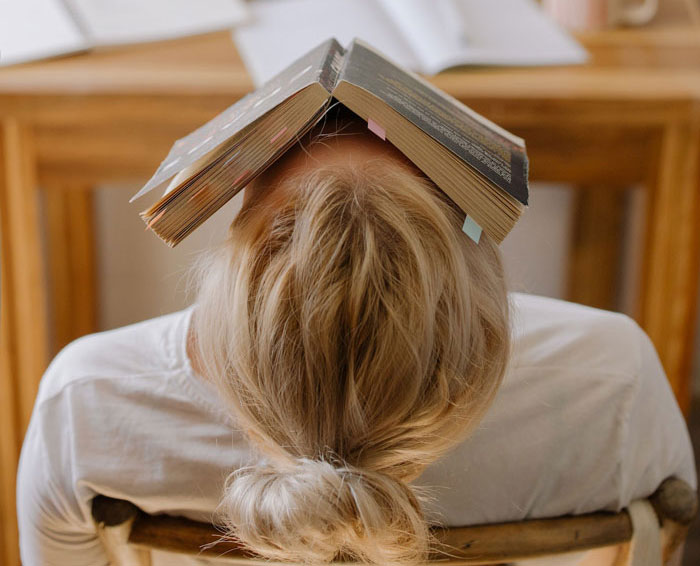 "What worked for me for my graduate studies was taking constant breaks, after 20-40 minutes of uninterrupted study.
"What worked for me for my graduate studies was taking constant breaks, after 20-40 minutes of uninterrupted study.
I would set up a timer and take a 5-10 minute break in between. There's also a really good app called Forest: Stay focused that can help. Basically you set up timers in the app, it can block notifications on your phone so you Stay focused, and when the timer ends you can see a little plant growing.
The more you use the timers, the more plants you see growing in your little forest, It is really rewarding. Hope this helps, good luck with your studies!"
I used this app few times in the past, but it was more sad than motivational. I used it to stop using my phone so much, so I'd set the timer for an hour maybe and then I went to do something else and forgot about it. When I returned back after two hours or so, the plant/tree in app appeared dry and dead, because I wasn't there when the timer rang :/
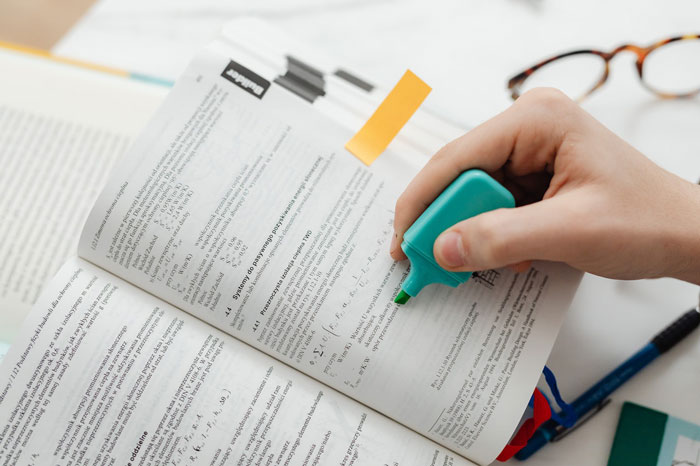 "It's a bit of a cliche but find what works for you! For a while I tried to do flashcards to memorize because I thought that's what you're supposed to do. However, that only ever helped me memorize the information short-term at best, which really isn't the goal. Making outlines of my notes from the course using colorful pens helped me retain the information long-term and helped me identify where I still needed further clarification. After making the outlines, I will reread the outline again and again. It also comes in handy as a reference sheet for after the class has ended."
"It's a bit of a cliche but find what works for you! For a while I tried to do flashcards to memorize because I thought that's what you're supposed to do. However, that only ever helped me memorize the information short-term at best, which really isn't the goal. Making outlines of my notes from the course using colorful pens helped me retain the information long-term and helped me identify where I still needed further clarification. After making the outlines, I will reread the outline again and again. It also comes in handy as a reference sheet for after the class has ended."
For a while I tried sitting at my desk and not allowing myself to get up/have a snack until I was finished what I had to do. I discovered that aimlessly jumping around the room every so often or eating a skittle every time I answer a question are both much better motivators.
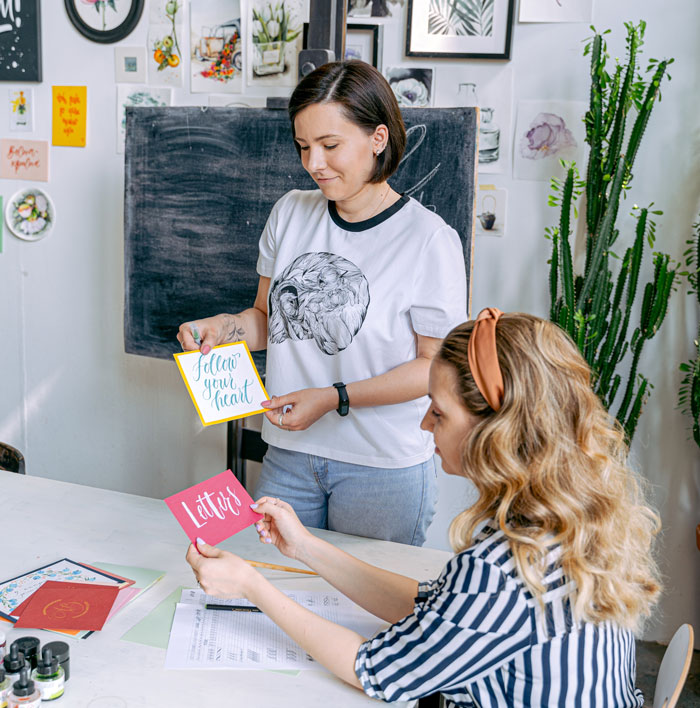 "Using active recall is one of the best methods out there. Active recall is basically a fancy word for testing yourself. This can mean making practice test or using flash-cards etc. Testing yourself and actively having to remember information is one of the best ways to study effectively."
"Using active recall is one of the best methods out there. Active recall is basically a fancy word for testing yourself. This can mean making practice test or using flash-cards etc. Testing yourself and actively having to remember information is one of the best ways to study effectively."
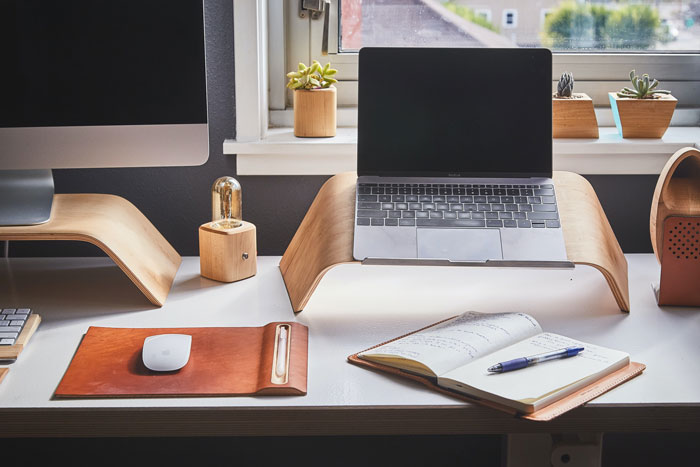 "Study in a clean environment. Seriously, it’s amazing how much better you’ll study when you and your surroundings feel fresh."
"Study in a clean environment. Seriously, it’s amazing how much better you’ll study when you and your surroundings feel fresh."
Oh yes. I can’t even sleep in my room, let alone study, if I feel it’s a mess
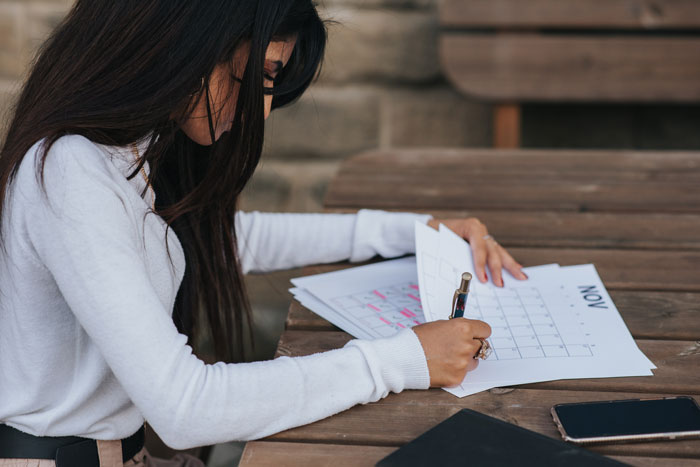 If you spend a lot of time in one place, find ways to separate different activities. Create a schedule to know when to work and when to rest. Designate specific areas for work, rest, exercise, and sleep, even if they're different corners of the same room. Changing your clothes based on the moment of the day can also help your brain transition from work to relaxation.
If you spend a lot of time in one place, find ways to separate different activities. Create a schedule to know when to work and when to rest. Designate specific areas for work, rest, exercise, and sleep, even if they're different corners of the same room. Changing your clothes based on the moment of the day can also help your brain transition from work to relaxation.
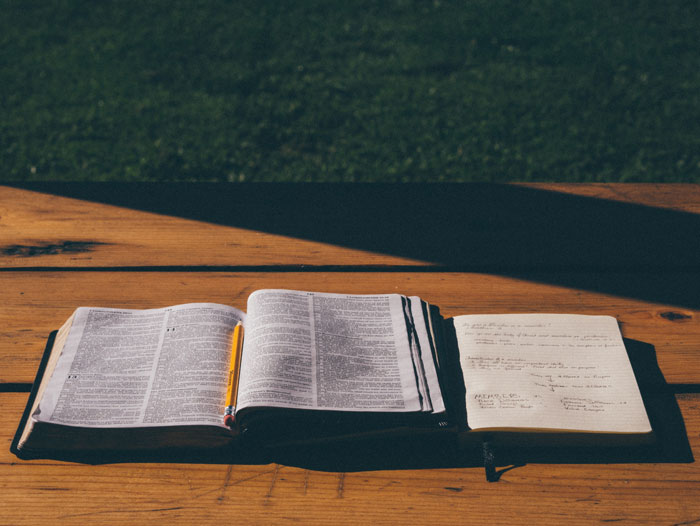 Other than highlighting important points while rereading, test yourself on the topic by writing down what you remember before reading again. This is like practicing retrieving information from your memory, and it works!
Other than highlighting important points while rereading, test yourself on the topic by writing down what you remember before reading again. This is like practicing retrieving information from your memory, and it works!
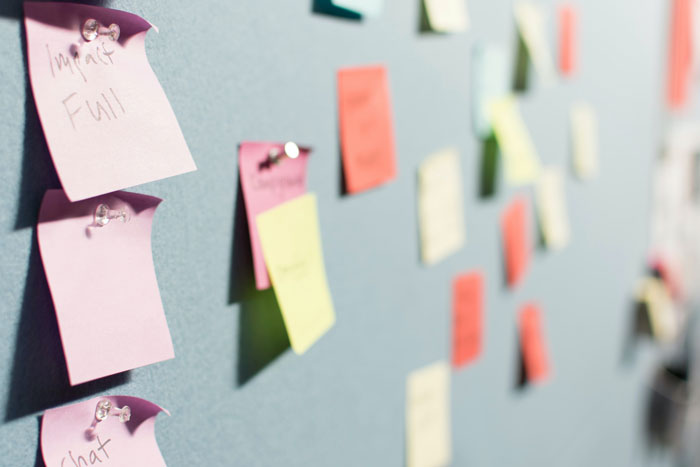 If your flashcard has a list on it, write the number of items in the list on the back. This way, you'll know how many items you should try to remember when using the flashcard.
If your flashcard has a list on it, write the number of items in the list on the back. This way, you'll know how many items you should try to remember when using the flashcard.
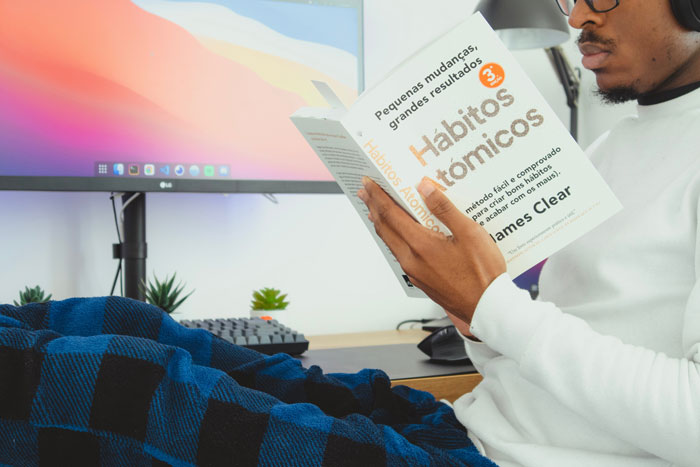 When studying different topics in one session, start with the hardest one first. This is because of the primacy effect, which says you're more likely to remember things you study early on. It's like your brain is freshest and most focused at the beginning of your study session.
When studying different topics in one session, start with the hardest one first. This is because of the primacy effect, which says you're more likely to remember things you study early on. It's like your brain is freshest and most focused at the beginning of your study session.
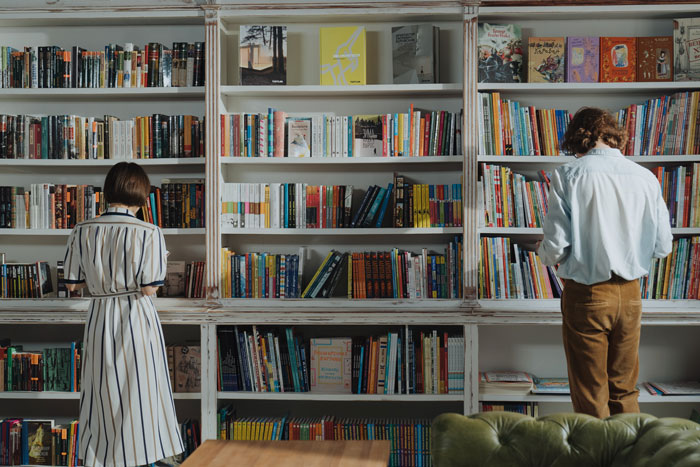 "Go to the library with a set goal. That way you are out of the house which has distractions. Stay until you hit your goal. I had times when I went there at 10am and didn't leave until 3-4am.
"Go to the library with a set goal. That way you are out of the house which has distractions. Stay until you hit your goal. I had times when I went there at 10am and didn't leave until 3-4am.
It's a worth while sacrifice in the long run."
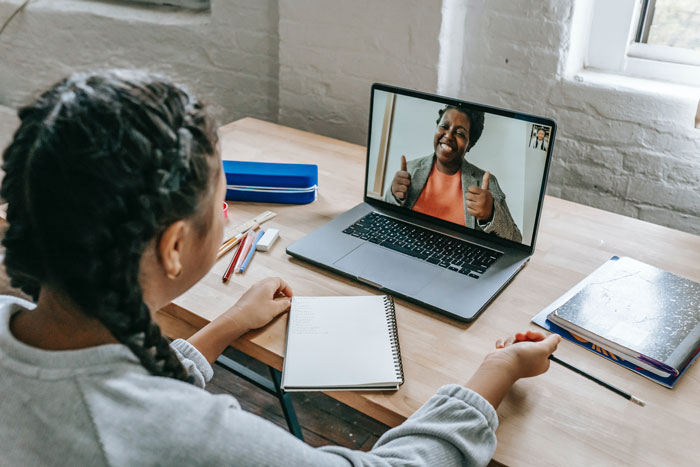 "There's a short free online course that teaches you different study methods for different kinds of learning you're doing."
"There's a short free online course that teaches you different study methods for different kinds of learning you're doing."
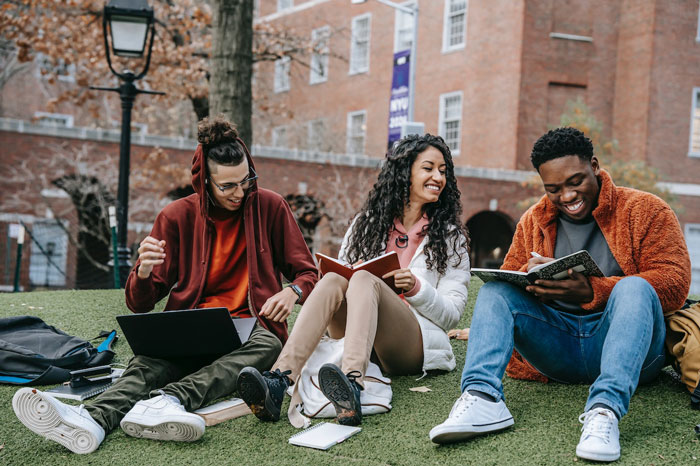 "Study together with a good friend if you cant figure out a certain aspect maybe he can and the other way around. And retailing has helped me a lot to focus."
"Study together with a good friend if you cant figure out a certain aspect maybe he can and the other way around. And retailing has helped me a lot to focus."
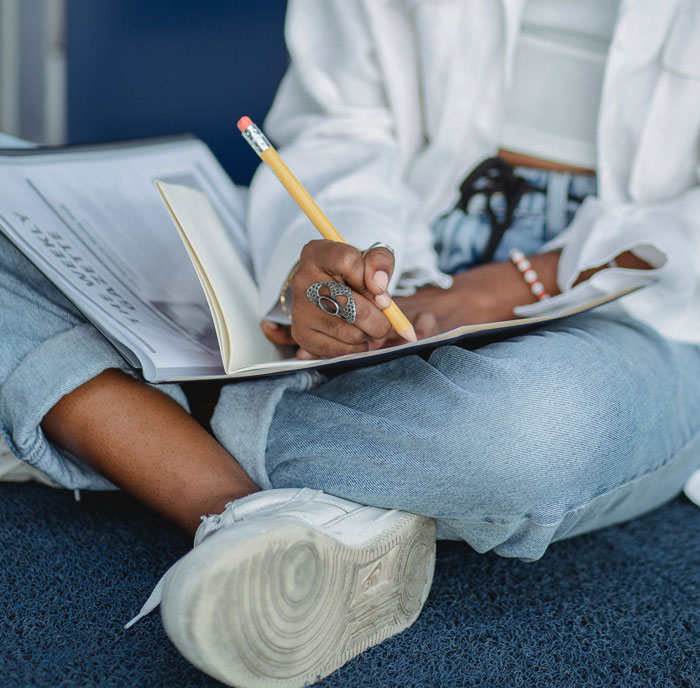 If starting the day by doing the hardest thing is not for you, you could switch it with a series of quick 5-minute tasks!
If starting the day by doing the hardest thing is not for you, you could switch it with a series of quick 5-minute tasks!
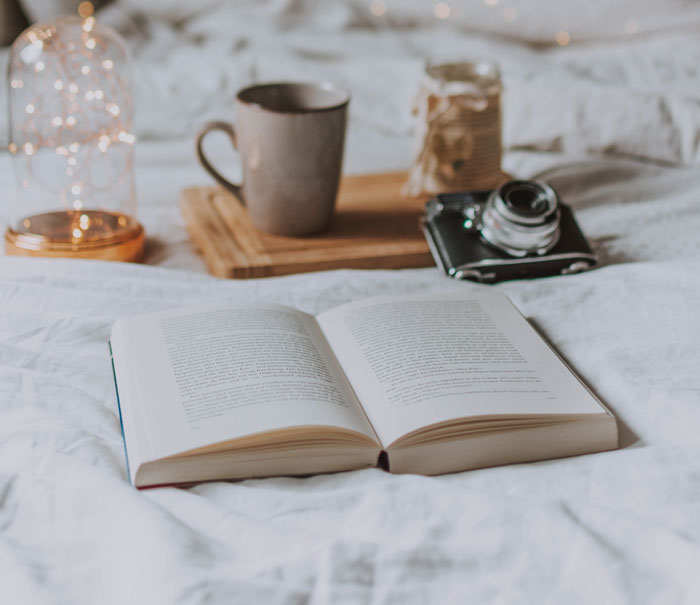 Do something you don't like while doing something you love! If you enjoy milkshakes and need to work on your research project, make a deal with yourself. You can have a milkshake in that fancy spot you like if you bring your research notes and start organizing them while enjoying your treat.
Do something you don't like while doing something you love! If you enjoy milkshakes and need to work on your research project, make a deal with yourself. You can have a milkshake in that fancy spot you like if you bring your research notes and start organizing them while enjoying your treat.
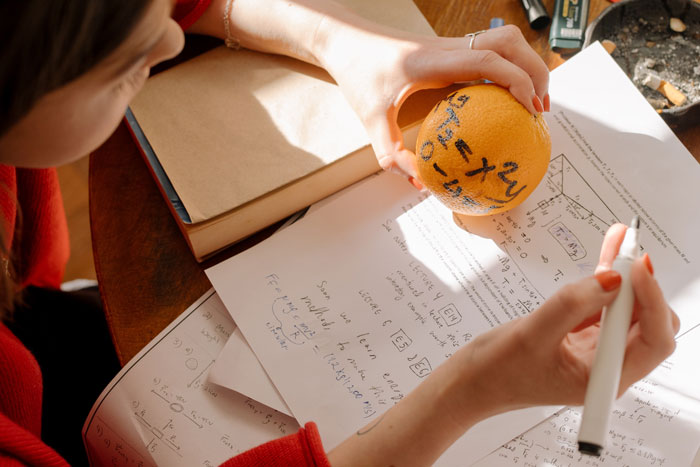 You can train your memory to remember things when you see familiar objects. So why not use this trick? Think about the things you will have in the exam that could remind you of what you studied. For example, if you need to remember specific formulas, you can write them on the exam paper cover if it's always arranged the same way. Some students use their pencil case items, like colored pens in a specific order, to help them remember information.
You can train your memory to remember things when you see familiar objects. So why not use this trick? Think about the things you will have in the exam that could remind you of what you studied. For example, if you need to remember specific formulas, you can write them on the exam paper cover if it's always arranged the same way. Some students use their pencil case items, like colored pens in a specific order, to help them remember information.
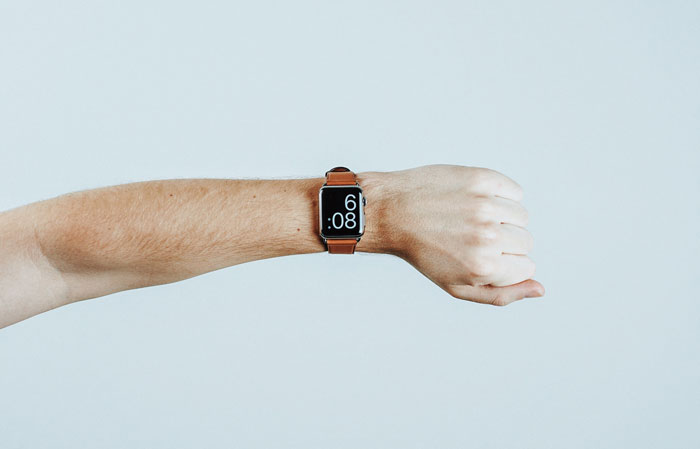 Wear a watch to the exam that shows the exact same time as the clock in the exam hall. This helps in case you can't see the main clock well, especially if your vision isn't perfect. It's a small thing that can make a big difference.
Wear a watch to the exam that shows the exact same time as the clock in the exam hall. This helps in case you can't see the main clock well, especially if your vision isn't perfect. It's a small thing that can make a big difference.
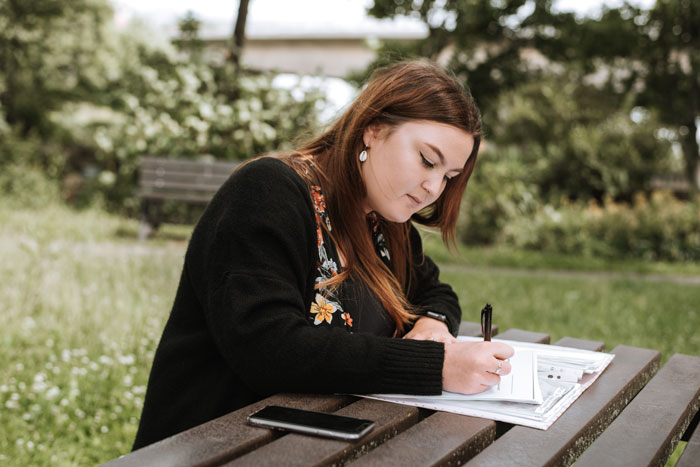 Leave enough space for additional thoughts in your essays. Keep a few lines at the bottom of each page for clear footnotes. Use double-spacing if you're likely to edit some parts. This is especially useful for translation or foreign language exercises.
Leave enough space for additional thoughts in your essays. Keep a few lines at the bottom of each page for clear footnotes. Use double-spacing if you're likely to edit some parts. This is especially useful for translation or foreign language exercises.
 "Knowing what the prof wants makes writing things like essays, etc. easier. Knowing what the prof wants and tweaking the subject in a way they've probably never seen before to make it more interesting will probably get you an A regardless of how good the writing is. Though keep in mind the latter only works if it's a professor that's into that kind of thing. A lot of profs genuinely only want to see their opinion in someone else's writing. That's why going to class is so important, so you can get a read on the prof's attitude. Study your prof like you would study your books.
"Knowing what the prof wants makes writing things like essays, etc. easier. Knowing what the prof wants and tweaking the subject in a way they've probably never seen before to make it more interesting will probably get you an A regardless of how good the writing is. Though keep in mind the latter only works if it's a professor that's into that kind of thing. A lot of profs genuinely only want to see their opinion in someone else's writing. That's why going to class is so important, so you can get a read on the prof's attitude. Study your prof like you would study your books.
This advice applies outside of college too. Mirroring is a very real technique to use in careers as well."
 "For optimal concentration, find a study room with only a whiteboard, a desk, and some chairs."
"For optimal concentration, find a study room with only a whiteboard, a desk, and some chairs."
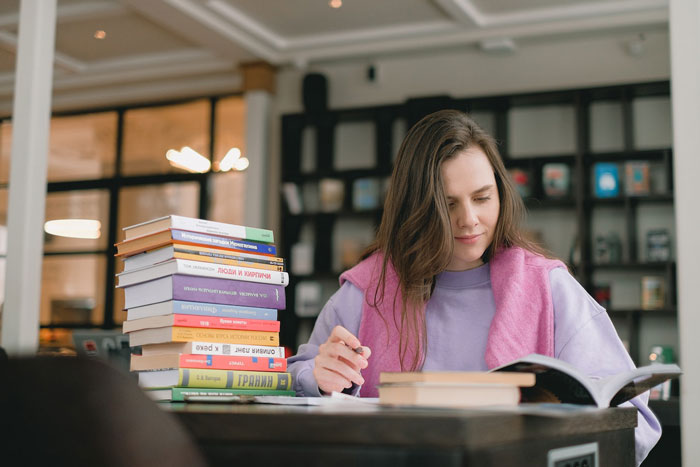 "By far making your own anki or quizlet then using a method like pomodoro to review it. There are studies that show the best way to retain information is through elaborative intake rather than just reading or listening to new information. Flashcard making forces you to write it down and develop enough of an understanding to make your own questions. This also gives you the opportunity to make connections to things you have already learned. Another good way you can learn things is by somehow connecting it to your personal life, which is something we known automatically.
"By far making your own anki or quizlet then using a method like pomodoro to review it. There are studies that show the best way to retain information is through elaborative intake rather than just reading or listening to new information. Flashcard making forces you to write it down and develop enough of an understanding to make your own questions. This also gives you the opportunity to make connections to things you have already learned. Another good way you can learn things is by somehow connecting it to your personal life, which is something we known automatically.
After this, you need to go through these flashcards in a spaced out way before an exam. Anki does this automatically for you
Another way is by checking your understanding to see if you can teach your friends the concepts with no gaps of knowledge. This shows mastery of a subject."
 "Focus on your breathing for ten minutes, just inhaling and exhaling only, no other thoughts just breathing. I work for a lvl 1 trauma hospital and many doctors recommend practicing breathing. We think we know how to breathe, we don't."
"Focus on your breathing for ten minutes, just inhaling and exhaling only, no other thoughts just breathing. I work for a lvl 1 trauma hospital and many doctors recommend practicing breathing. We think we know how to breathe, we don't."
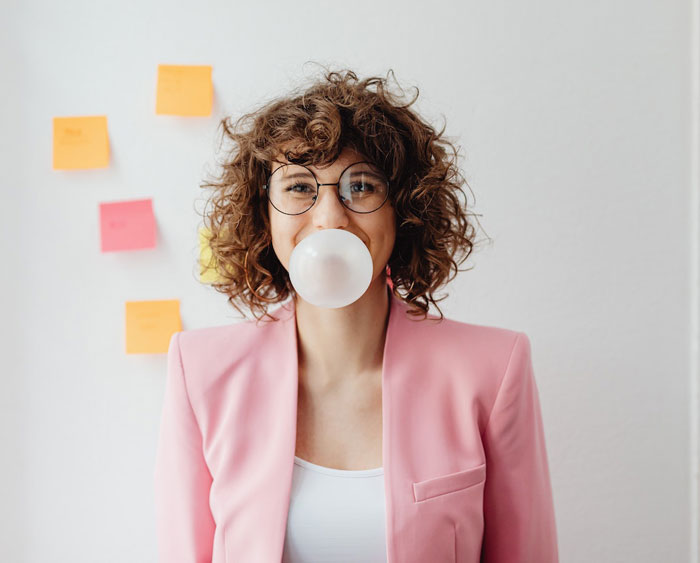 "The chewing gum method.
"The chewing gum method.
When you study, chew a piece of gum. When it's time for your test, chew the same flavor of gum. This will help restart your memory so you can remember!"
 "If you're particularly creative you can turn the material into a song. Mnemonic devices are also handy in recalling important topics. This is why PEMDAS gets recalled so frequently.
"If you're particularly creative you can turn the material into a song. Mnemonic devices are also handy in recalling important topics. This is why PEMDAS gets recalled so frequently.
Also I see a lot of genre specific music choices being thrown out. While certain genres are generally better, if music helps you focus then use the music that helps you focus the best. Try to put the important material to the tune of the song.
Don't cram for an exam. The stress will cause you to forget things. Study in small bits and do small knowledge checks to ensure you understand the material. If anything, do something fun and relaxing the night before an exam. If you are stressed it can hurt your sleep quality and being drowsy during the exam won't help you. Make sure you get plenty of sleep as well."
After every class I took my notes and broke them down into questions. Each class became a mini quiz and when I could answer all questions with ease I knew I was ready for the tests. This was particularly helpful when reviewing for midterms and finals. When my class mates found out what I'd done I became exceptionally popular!! It worked wonders and I always recommend this. Good luck!!!
I would get the textbook and make outlines based on the first sentence in every paragraph. That sentence usually contains all the info you need. Then I'd have a study guide. Worked fantastic.
I'd say actually paying attention during lectures is the way to go. That and making your own summary of the material, study it and then make a cheat sheet. A small one that you could sneak into the exam with only the most important stuff you still aren't sure about. Don't actually take it with you to the exam though, because cheating will get you kicked out of uni.. Just study it. :D
After every class I took my notes and broke them down into questions. Each class became a mini quiz and when I could answer all questions with ease I knew I was ready for the tests. This was particularly helpful when reviewing for midterms and finals. When my class mates found out what I'd done I became exceptionally popular!! It worked wonders and I always recommend this. Good luck!!!
I would get the textbook and make outlines based on the first sentence in every paragraph. That sentence usually contains all the info you need. Then I'd have a study guide. Worked fantastic.
I'd say actually paying attention during lectures is the way to go. That and making your own summary of the material, study it and then make a cheat sheet. A small one that you could sneak into the exam with only the most important stuff you still aren't sure about. Don't actually take it with you to the exam though, because cheating will get you kicked out of uni.. Just study it. :D

 Dark Mode
Dark Mode 

 No fees, cancel anytime
No fees, cancel anytime 









































